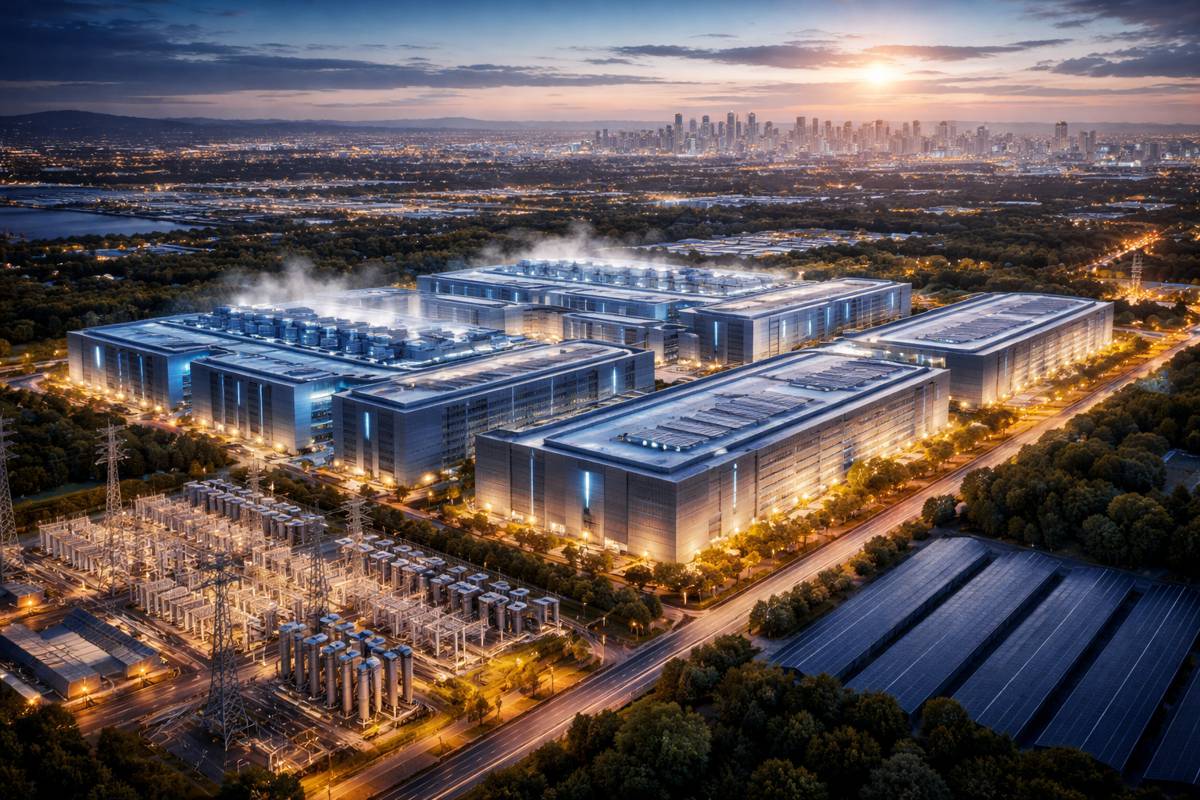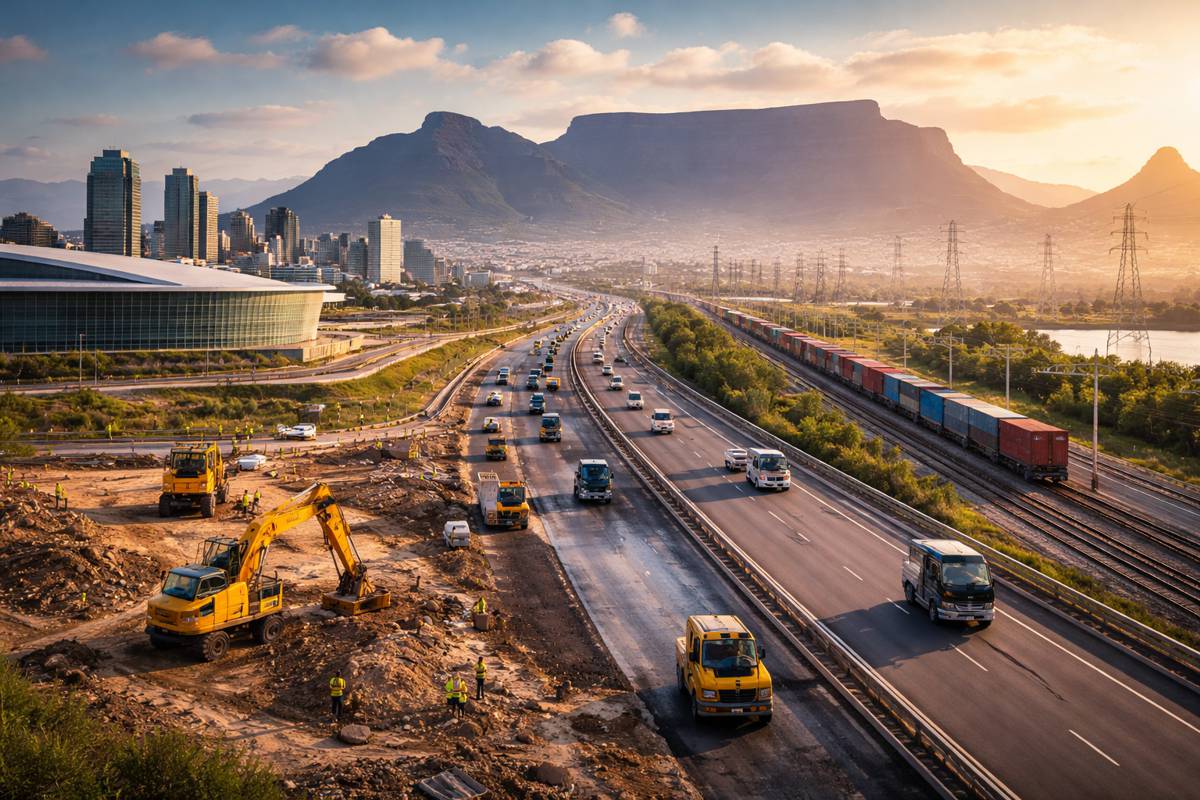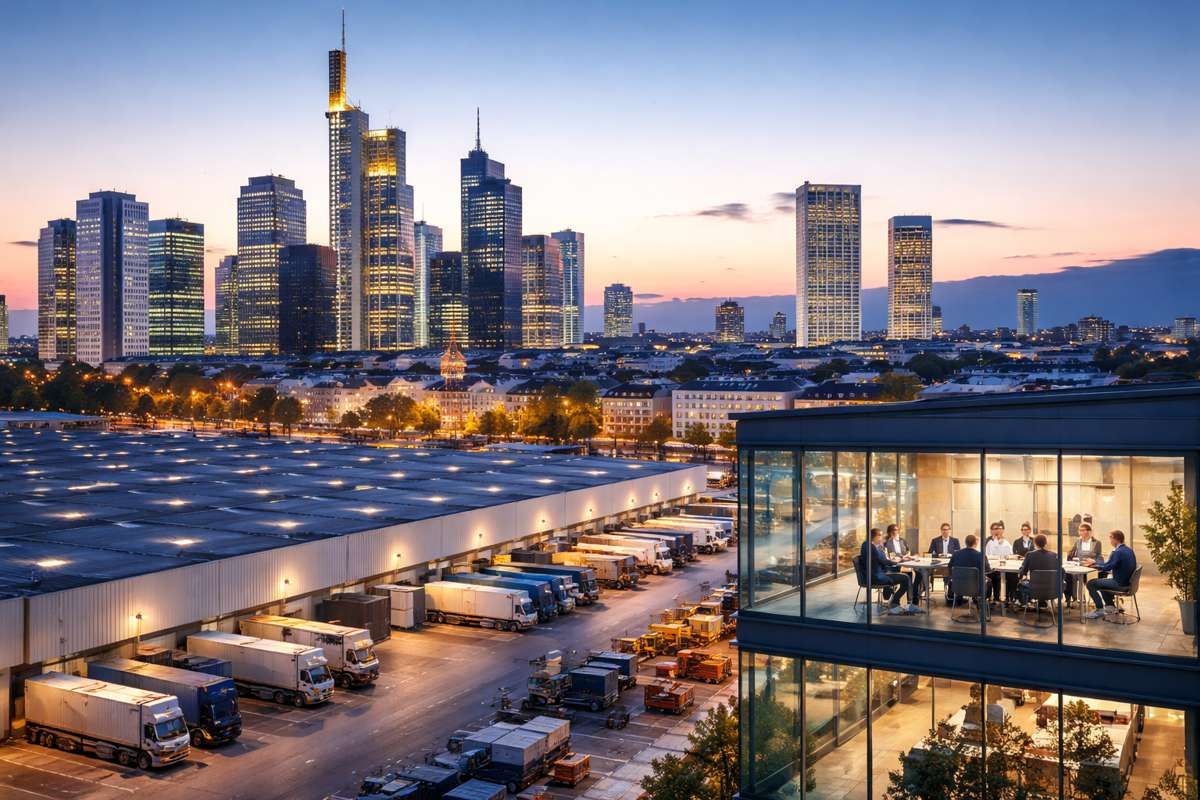Japanese funded Jakarta Mass Rapid Transit Subway opens
In March the opening ceremony for the Jakarta Mass Rapid Transit (Jakarta MRT South-North Line), the first subway in Indonesia, was held in Jakarta, the capital city of Indonesia, and its operation began from the following day.
Attendees representing Indonesia at the ceremony were Joko Widodo, President of the Republic of Indonesia; Sri Mulyani Indrawati, Minister of Finance; Budi Karya Sumadi, Minister of Transportation; and William Sabandar, President Director of MRT Jakarta.
Attendees representing Japan included Masafumi Ishii, Japanese Ambassador to Indonesia; Yasuhiro Shinohara, Japan’s Vice Minister for International Affairs at the Ministry of Land, Infrastructure, Transport and Tourism; and Yasushi Tanaka, Senior Vice President of Japan International Cooperation Agency (JICA), along with representatives from the private sector, including construction companies that performed work on the project.
The Japan International Cooperation Agency supported construction of the Transit system connecting the north and south parts of Jakarta through Japanese ODA loans. In November 2006, a Japanese ODA loan agreement was signed, supporting the construction of a 15.7-kilometre segment of line (Phase 1) connecting Lebak Bulus in the southwestern part of Jakarta and Bundaran HI (Hotel Indonesia) in the central part of Jakarta.
JICA has supported subway construction projects with Japanese ODA loans around the world, but Jakarta Mass Rapid Transit Project was implemented through an “All-Japan” system to carry out all aspects of the construction, including civil works, rolling stock delivery, and electrical and mechanical systems.
The population of Jakarta Metropolitan Area is rising at a rapid pace, and the number of commuters to the central part of Jakarta, where economic activities are concentrated, is increasing each year. Because Jakarta Metropolitan Area depends on road network for most passenger and cargo transportation, traffic congestion is serious, worsening the investment environment and increasing the air pollution with exhaust gas.
The opening of the Jakarta Mass Rapid Transit will promote a modal shift from automobile to public transportation, which is expected to address the rising demand for transportation, alleviate the traffic congestion, improve the investment environment, and reduce the burden on the environment in Jakarta Metropolitan Area.
The Japan International Cooperation Agency also plans to provide on-going support with Japanese ODA loans for an extension of the Mass Rapid Transit from Bundaran HI to Kampung Bandan in northern Jakarta (Phase 2: 7.8 kilometres)





























